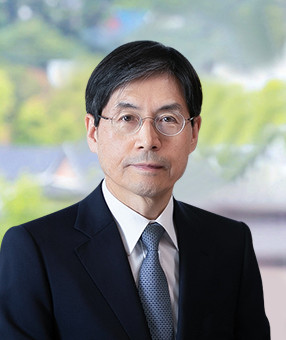Strong measures against the misappropriation of business ideas have been enforced through the amendment from 2018 to the Unfair Competition Prevention and Trade Secret Protection Act (the “UCPA”) that added misappropriation of business ideas as a form of unfair competition activity. Following the implementation of this amendment, the Supreme Court of Korea issued its first decision affirming a lower court’s finding of infringement from the defendant’s unauthorized use of another person’s business ideas, as well as the corresponding award of damages and injunctive relief. On April 21, 2021, another amendment to the UCPA was implemented to introduce punitive damages to the law as well.
Article 2.1(j), which was inserted to the UCPA in 2018, added to the definition of acts of unfair competition the act of using, or enabling a third party to use, another party’s useful technical or business ideas conveyed during the course of business negotiations/transactions without authorization and for unconsented purposes. However, while this provision of the UCPA provided for civil, criminal and administrative remedies to companies that have suffered from misappropriation of ideas (in addition to the Subcontracting Act which regulates misappropriation of technology committed in the course of subcontracting transactions), the monetary damages available to victims as civil remedies were limited to the amount of damages that could be substantiated by the victims. This has proved to be an insufficient deterrent to misappropriation of business ideas and technologies in Korea.
As a result, punitive damages were introduced as part of the recent amendment to the UCPA, which became effective as of April 21, 2021, allowing damage compensation of up to three times the actual damages arising from misappropriation of business ideas. The amendment also expands the administrative agency’s authority to impose corrective measures. If a company in violation fails to implement such corrective measures, the administrative agency may publicly announce that the company is in violation and that corrective measures have been imposed.
On July 23, 2020, the Supreme Court also issued its first decision affirming a lower court’s finding of business idea misappropriation and its award of damages and injunctive relief against a defendant’s unfair use of a product name and ad storyboard provided by the plaintiff under a marketing agency contract after the contract expired, without paying the plaintiff for the defendant’s use of the plaintiff’s work product (see Case No. 2020Da220607).
Because of these changes, companies that have had their business ideas stolen have access to stronger remedies, while companies that have misappropriated others’ business ideas risk both reputational harm from public announcement of violations and corrective measures, as well as punitive damages.
Implications
Accordingly, companies that develop business ideas or handle ideas from other parties should pay close attention to the amended UCPA, determine how to better protect such ideas and ensure compliance within the company to avoid liability for improper handling of such ideas. Notably, the Supreme Court ruled that even if the ideas at issue were originally misappropriated prior to the enactment of the amendment, if the unauthorized use of the ideas continued after the enactment, the amendment would still apply. Therefore, companies are strongly advised to check whether ideas may have been acquired from another party in the past, and to confirm the circumstances under which the ideas were acquired.
Related Topics






